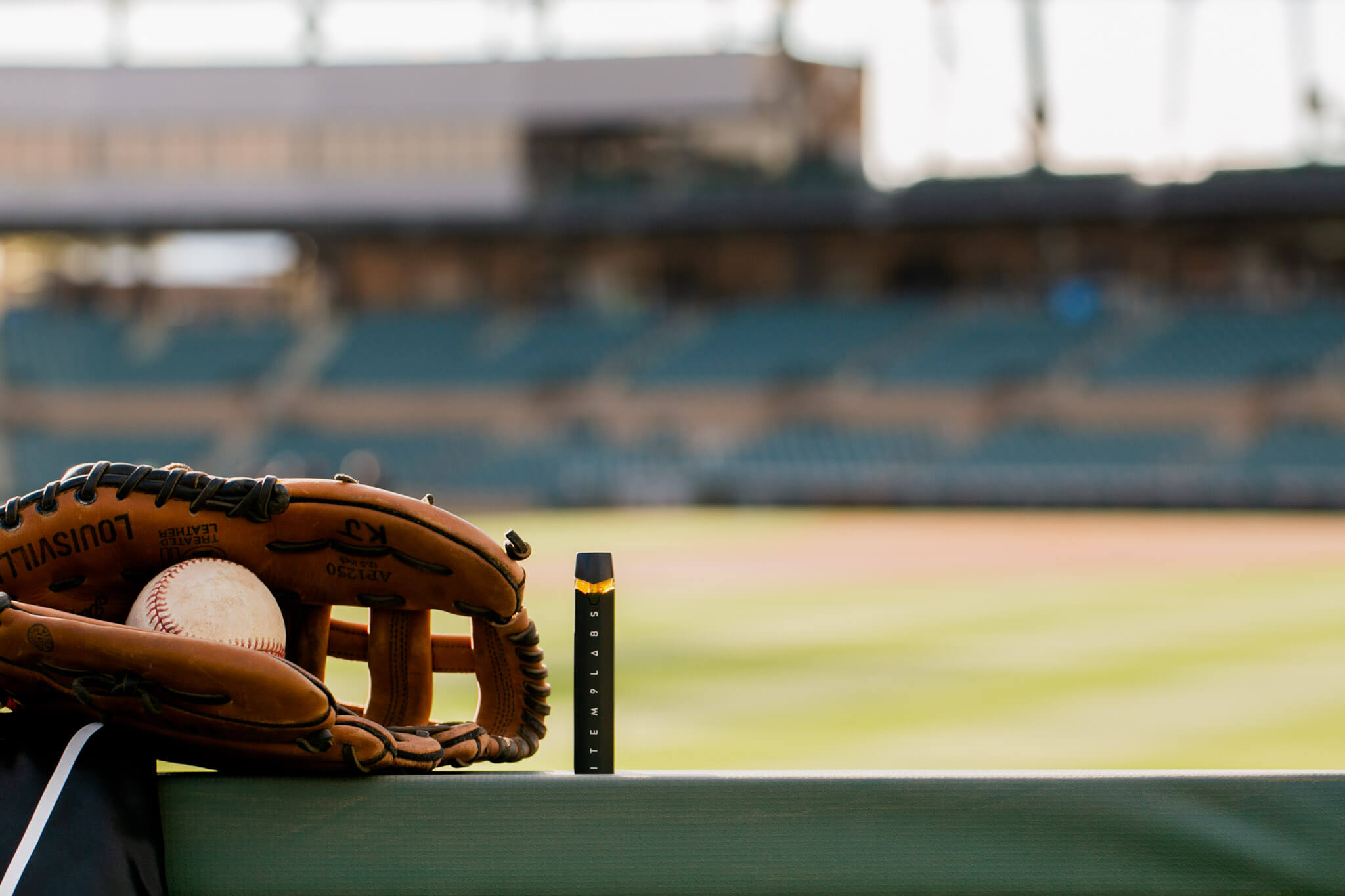
With more and more states across the country loosening the rules governing cannabis, athletes of all stripes are diving in and exploring recreational and medical marijuana, and CBD oils, creams, and tinctures to see how they might fit into their wellness regimes and help treat aches and pains.
Scores of current and retired well-known pros have spoken publically about their appreciation of cannabis, and quite a few have become involved with developing or promoting a cannabis-related business, including former NFL players, Olympic athletes, MMA fighters, golfers, ultra marathoners, surfers and hockey players. Among them are retired NHL players Riley Cote and Ryan VandenBussche; retired NFL players Steve Smith, Tiki Barber and Rob Gronkowski; retired NBA players John Salley, Kenyon Martin and Matt Barnes; Olympic hurdler Lolo Jones and golfer Bubba Watson. The list continues to expand as more and more people get on the bandwagon and the social stigma fades.
As public support for legalization hits new highs, and more athletes use cannabis for pain management and alternative to opioid painkillers, major U.S. sports leagues have loosened rules and relaxed punishments to reflect the state of play.
As of January, recreational marijuana use is legal in 11 states and the District of Columbia, and medical marijuana is permitted in 33. According to ESPN, of the 123 teams across MLB, the NBA, NHL and NFL, 50 play in states or provinces where recreational marijuana is legal (40.6%). Another 51 teams play in jurisdictions where medical marijuana is legal (41.5%). That’s 82% of teams (101 of 123) that are playing in cities where a player can walk down the street, go into a dispensary, and legally purchase either recreational or medicinal marijuana. Only 22 teams are located in states where both recreational and medical usage is still banned, and over a third of them are in Texas.
MLB: In December 2019, Major League baseball began treating marijuana essentially the same as alcohol and removed it from its list of banned substances. However, players can still be punished for use or possession, and the league sent a memo warning players not to show up to ballpark high. The new policy negotiated by MLB and its union added testing for opioids, fentanyl, and cocaine, while removing cannabinoids from the league’s drugs of abuse list. Players who test positive are referred to a treatment board.NFL: The NFL has significantly raised the threshold for positive tests (from 35 nanograms to 150) and dramatically reduced its testing period—which previously stretched from April to August—to the first two weeks of training camp. This essentially allows players to use cannabis in the offseason, and most importantly, they will no longer be suspended solely for marijuana. If a player were to test positive, his case is reviewed to assess if he needs medical treatment, or as the NFL has it: “increase emphasis on clinical care over punishment.”
NBA: The NBA’s policy remains unchanged and is currently the most severe in pro sports. Cannabis remains on their list of banned substances, and players are subject to four random tests during the regular season, with punishment escalates for each offence. A first positive test will require a player to enter a drug program; the second results in a $25,000 fine; a five-game suspension is imposed for the third, and a 10-game suspension for the fourth. Notably, the NBA isn’t testing players during the offseason, and there are signals that the league’s thinking on cannabis is shifting. Commissioner Adam Silver, who has been consulting with players on the drug policy, shared his thinking in an interview with Yahoo Sports. “One of the things I’ve been talking more about in the last year is mental wellness of our players,” Silver said. “And look, some guys are smoking pot just in the same way a guy would take a drink. And it’s like whatever, ‘Smoking pot, I’m just using it to come down a little bit or I just want to relax.’ No big deal. No issue. And I think it’s the reason why it has been legalized in a lot of states. And from that standpoint, if that were the only issue, maybe we’re behind the times in our program. On the other hand, there’s also guys in the league who are smoking a lot of pot. And then the question is, why are you smoking a lot of pot? And that’s where mental wellness comes in. Because I’ve also talked directly to players who say, ‘I’m smoking a lot of pot, because I have a lot of anxiety. And I’m struggling.’”
NHL: Although the NHL still tests for cannabis use, there is no punishment for positive results. If a test reveals “abnormally high levels” of THC, it’s treated as a health issue, just as binge drinking would be. Pro hockey officials say the goal of their testing is not to police use, but rather to identify those who need help. “In today’s world, I think we’re largely consistent with how people are approaching these things,” NHL deputy commissioner Bill Daly said. “For a program that was originally developed in 1996, when the world was a lot different, it was extremely progressive in terms of how we dealt with these issues.”
*Images via ESPN






Recent Comments